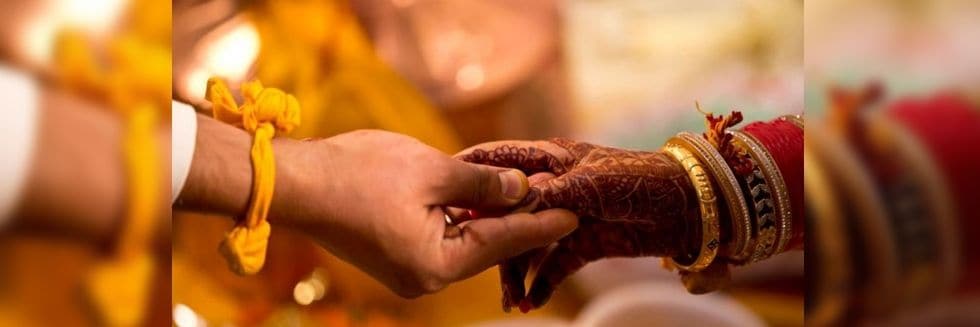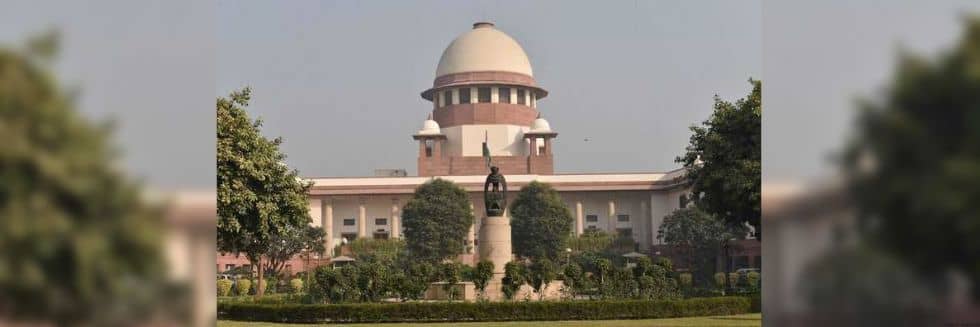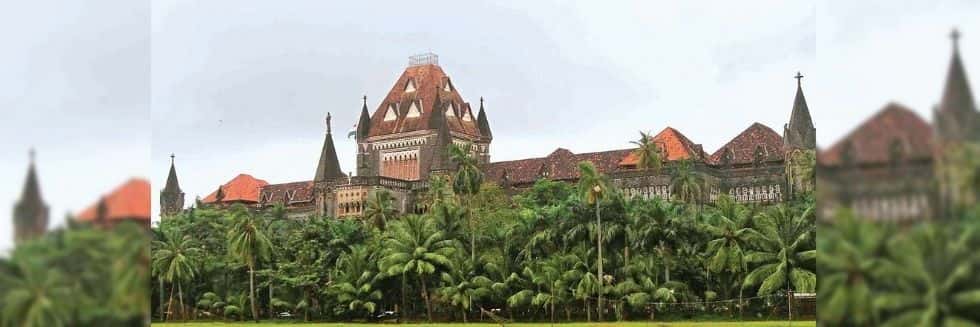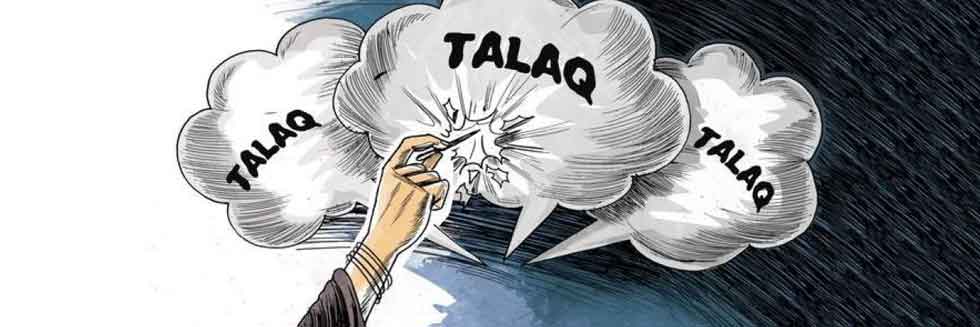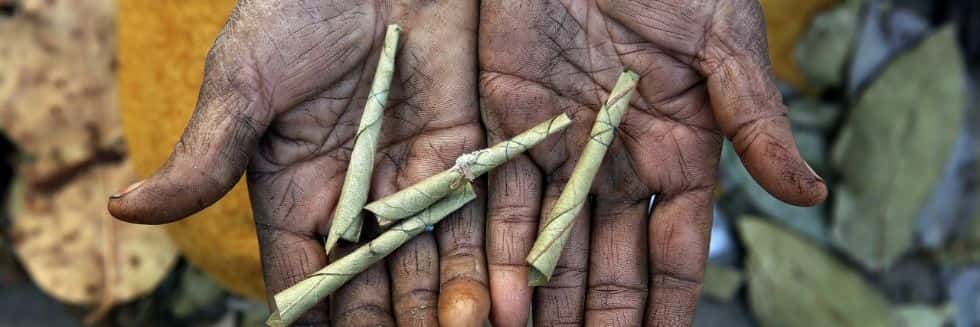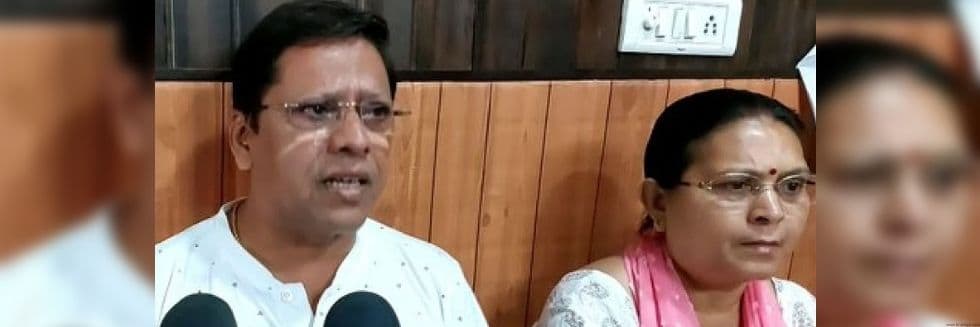In a transnational guardianship case, Supreme Court with a 2:1 judgment has granted the custody of the child to the father. The court took the decision after the strong desire of the 11-year old child to live with his father.
Besides that, the court has also asked the father to get a mirror order from the Nairobi court which will reflect its judgment.
Justices UU Lalit and Indu Malhotra announced the judgment in favour of father noting that the child had a strong and deep bond with his father. While Justice Hemant Gupta gave a dissenting judgment
The parties got married in 2007 and then had a baby in 2009. They were living separately since 2012. The mother is an Indian citizen and a lawyer by profession. On the other hand, the father has dual citizenship in Kenya and United Kingdom. He has business operations in both countries.
The legal proceedings began after the mother filed a lawsuit for a permanent injunction restricting the father and his parents from removing the minor child from her custody. During the ongoing litigation, various orders were passed regarding visitation rights to the father.
Then in November 2012, father moved a petition under Section 7 of the Guardians and Wards Act, 1860 before the Family Court at Saket.
In 2018, a family court upheld the judgment granting custody of the child to the father. The order was affirmed by Delhi High Court in February this year. Thereafter, the mother decided to approach Supreme Court.
Two family court justices Indu Malhotra and U U Lalit stated that their prime concern is the best interest of the child and “whether the child was capable of making an intelligent preference”.
During a short interaction with the child, the bench observed that the child is deeply attached to his mother and maternal grandmother, with whom he was residing. Simultaneously, the court also considered the fact that the child expresses a strong and deep bond with his father, which had evidently grown by the regular visitations of his father and grandparents every month during the past eight years.
Therefore, the court observed, “It would be in his “best interest to transfer the custody to his father. If his preferences are not given due regard to, it could have an adverse psychological impact on the child.”
However, the court also asked the father to get a mirror order to safeguard the interest and rights of the mother “so that the rights of visitation and temporary custody are not impaired”.
“Such orders are passed to safeguard the interest of the child who is in transit from one jurisdiction to another. The courts have found mirror orders to be the most effective way of achieving protective measures,” the court elaborated on the concept of mirror order.
The court further stated, “In international family law, it is necessary that jurisdiction is exercised by only one court at a time. It would avoid a situation where conflicting orders may be passed by courts in two different jurisdictions on the same issue of custody of the minor child.”
Whereas Justice Hemant Gupta, in a dissenting judgment, stated, “In the absence of the father, the child will be in the custody of nannies, maids, and servants. The grandparents would not be able to take care of the growing needs of a young child. All things being equal, the presence of grandparents can tilt in balance but where a mother who is available 24/7 for guiding, caring and nurturing a growing child as against a father who needs to travel outside his normal place of stay frequently, I find that the mother is more suitable in whose hands the welfare of the child is secured.”
Besides giving the child custody, the court has also issued some other directions which includes
- After the mirror order is filed before this Court, Perry (father) shall deposit a sum of Rs 1 Crore in the Registry, which shall be kept in an account for a period of two years to ensure compliance with the directions contained in this judgment. The amount shall be returned with interest accrued after the directions of the Court are complied with.
- Within a week of the mirror order being filed before this Court, Smriti shall provide the Birth Certificate and the Transfer Certificate from Delhi Public School, to enable Perry to secure admission of Aditya to a School in Kenya;
- Smriti will be at liberty to engage with Aditya on a suitable videoconferencing platform for one hour over the weekends; further, Aditya is at liberty to speak to his mother as and when he desires to do so;
- Perry will apply and obtain a fresh Kenyan passport for Aditya (child), Smriti (mother) will provide full cooperation, and not cause any obstruction in this behalf;
- Perry will bear the cost of one trip in a year for a period of one week to Smriti and her mother to visit Aditya in Kenya during his vacations. The costs will cover the air fare and expenses for stay in Kenya;
- Smriti will not be entitled to take Aditya out of Nairobi, Kenya without the consent of Perry.

